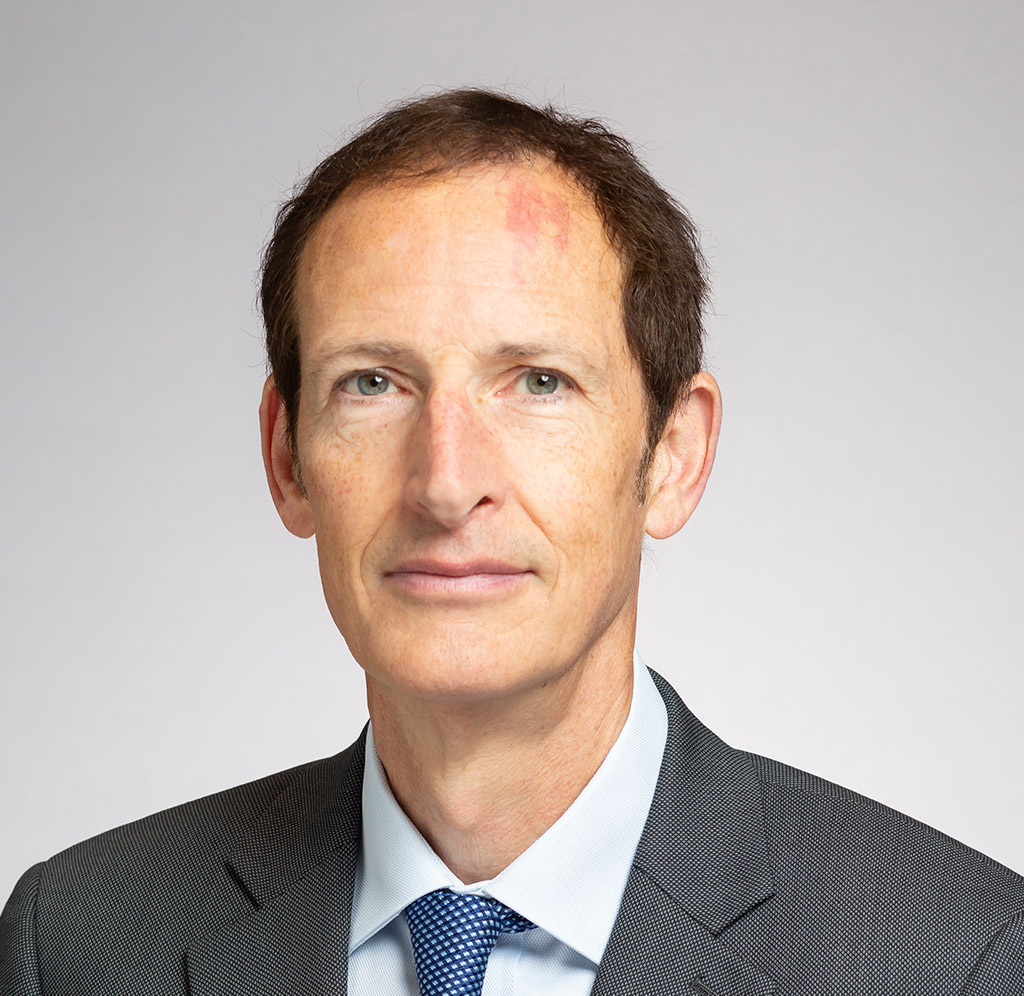Equity markets started the second half of the year much as they ended the first, extending their upward progress. However, the composition of returns continues to evolve. Whereas the bulk of the gains earlier in the year could be attributed to a handful of large capitalisation US technology stocks deemed to be potential beneficiaries of the development of Artificial Intelligence, fresh advances were made by more cyclical companies. Evidence accrued that the US economy is proving to be more resilient than anticipated.
Although the UK and European economies are stagnant, they have managed to avoid falling into technical recessions. Sentiment was also boosted by a better round of inflation data, as figures for June were published and generally came in below expectations. This increased the probability that we are close to the peak of the interest rate cycle. Even so, we did see another round of 0.25% increases from both the US Federal Reserve and the European Central Bank in July, possibly the last. The Bank of England is battling with a stickier inflation problem and appears set to have to tighten policy for somewhat longer, but even it should be done within the next few months.
Sovereign bond markets continue to trade in a much narrower range than equities as investors weigh the current persistence of economic growth against the possibility of future weakness as the effects of the last 16 months of monetary policy tightening percolate through the system.
China is the exception that proves the rule. It is loosening monetary and fiscal policy in an attempt to kick-start an economy that remains restrained by weak consumer confidence and the unwinding of a real estate bubble, although it has yet to launch a sufficiently aggressive set of plans to convince investors to commit more funds.
- The Bloomberg consensus for World GDP growth in 2023 has risen from a low of 2.1% in February to a current 2.6%. The outlook for 2024 continues to show limited prospects of a quick recovery, with consensus estimates at 2.7%. There is expected to be a big gap between developed and emerging markets, with the former growing around 1% and the latter more like 4%.
- The better set of inflation readings helped peak interest rate expectations to retreat from recent highs. This was seen most notably in the UK. At one point, futures markets were pricing in a peak base rate of 6.5%, but that has since fallen back to 5.75%, although that still presages further increases from the current 5.0%.
- Bonds continue to struggle in this environment, with the dollar-denominated Bloomberg Global Aggregate Index of investment grade bonds delivering only a marginally positive return year-to-date, and that thanks to a weaker dollar. The UK ten-year Gilt is still delivering a negative return in 2023.
- A talking point in markets towards the end of the month was a subtle change in the Bank of Japan’s monetary policy. It will now allow the yield on 10-year government bonds to rise to as high as 1% as opposed to 0.5% previously. This has the potential to attract funds back to Japan and to remove some liquidity support from global financial market.
- Short-dated Gilts offer risk-free yields of more than 5% with tax benefits even when not held within tax-exempt wrappers such as SIPPs or ISAs. They remain an attractive home for surplus cash savings.
Discover how Investec Wealth & Investment can help you
Find out more:
Browse articles in


